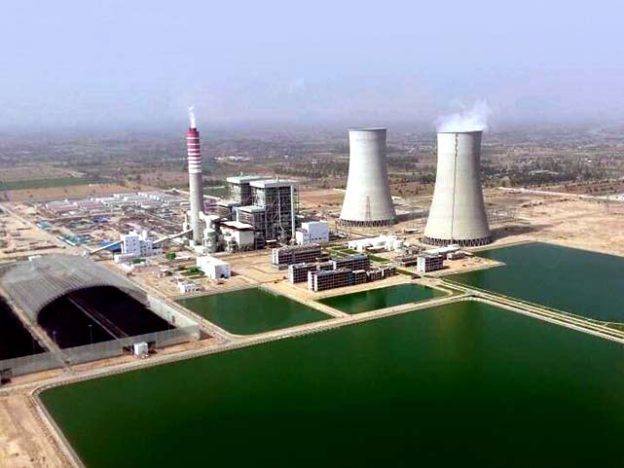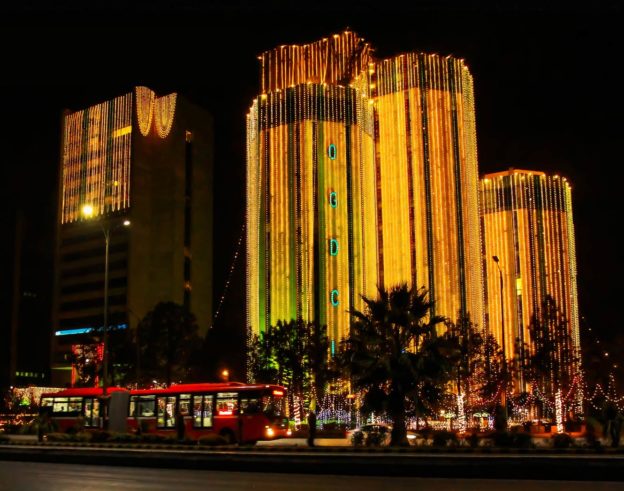Three power plants makes it to surpass Sindh
Punjab has emerged as the single largest beneficiary of both imported LNG and locally produced natural gas. Oil and Gas Regulatory Authority OGRA’s Annual Report 2016-17 said Punjab replaced Sindh as the single largest consumer of gas. It utilised 47% of the total 2,915 million standard cubic feet per day (mscfd) of the fuel during the said year, compared to 42% of 2,727 mscfd last year and left Sindh behind in consumption.
The federal and provincial governments set up three imported gas-fired power plants with total capacity of 3,600 megawatts in Punjab. They They have luckily come online and are believed to increase production with availability of more gas into the system. Sindh largely failed to take benefit of the imported LNG, as its share in total consumption fell to 43% compared to 46% last year. KPK and Balochistan’s ranks in consumption remained unchanged at third and fourth position, respectively. However, KPK’s consumption fell to 7% from 10%, while Balochistan consumption remained unchanged at 2%.
Recently, the provincial government has initiated the fourth LNG-fired power plant of 1,200MW. Federal government has recently tasked the two gas utility firms; Sui Northern Gas Pipeline Limited (SNGPL) and Sui Southern Gas Company Limited (SSGCL) to lay down the third gas pipeline from Karachi to Punjab to increase gas transportation to LNG-based power plants and CNG filling stations and commercial and industrial users.
Pakistan needs 7 billion cubic feet per day of gas to meet its requirement. Out of this, 3.9 bcfd is covered by domestic production and 1.2 bcfd comes through imports. Surprisingly, the share of Punjab in total gas production remained negligible at 3% in both years; FY16 and FY17. This, however, was standing at 5% two years ago in FY15.
Despite a notable drop in consumption, Sindh maintained its number one rank at 56%, compared to 63% last year. Balochistan produced 13%, compared to 17%, while K-P generated 12% compared to 7%.The share of imported LNG gas in total gas supplies stands at 16% in the year, the regulator said.
On the contrary, Sindh which remains the single largest producer of gas and facilitating transportation of imported gas to Punjab, continued to face gas outages and low gas pressure in the province, particularly at commercial (including CNG filling station), industrial zones and residential areas.
OGRA reported that the power sector emerged as the single largest consumer of available gas in the country. It utilised 32% of the gas in FY17, followed by fertiliser and residential at 21% each. Captive power plants used 11%, general industry 9% and transport utilised 5% of the total gas in the year.








